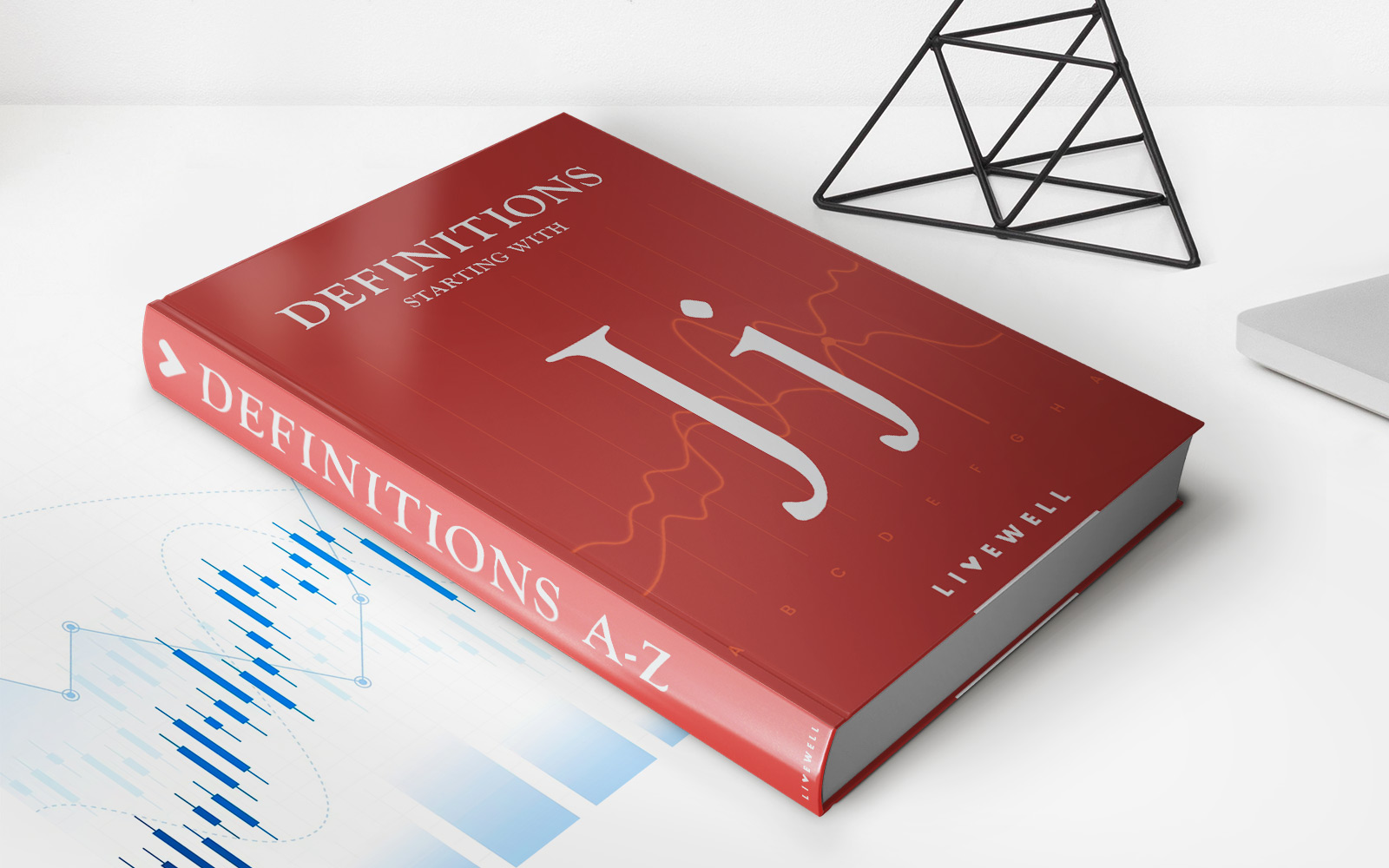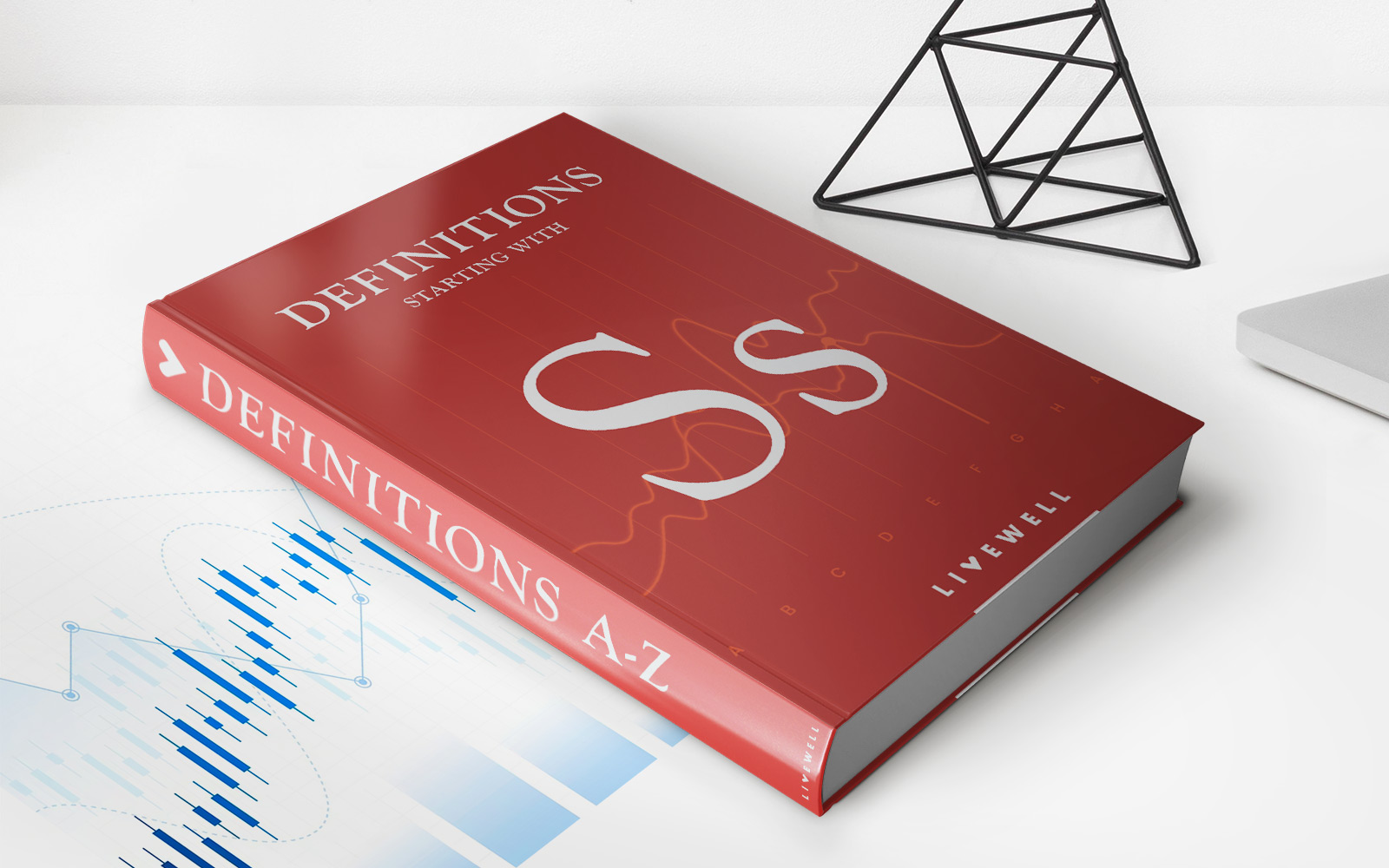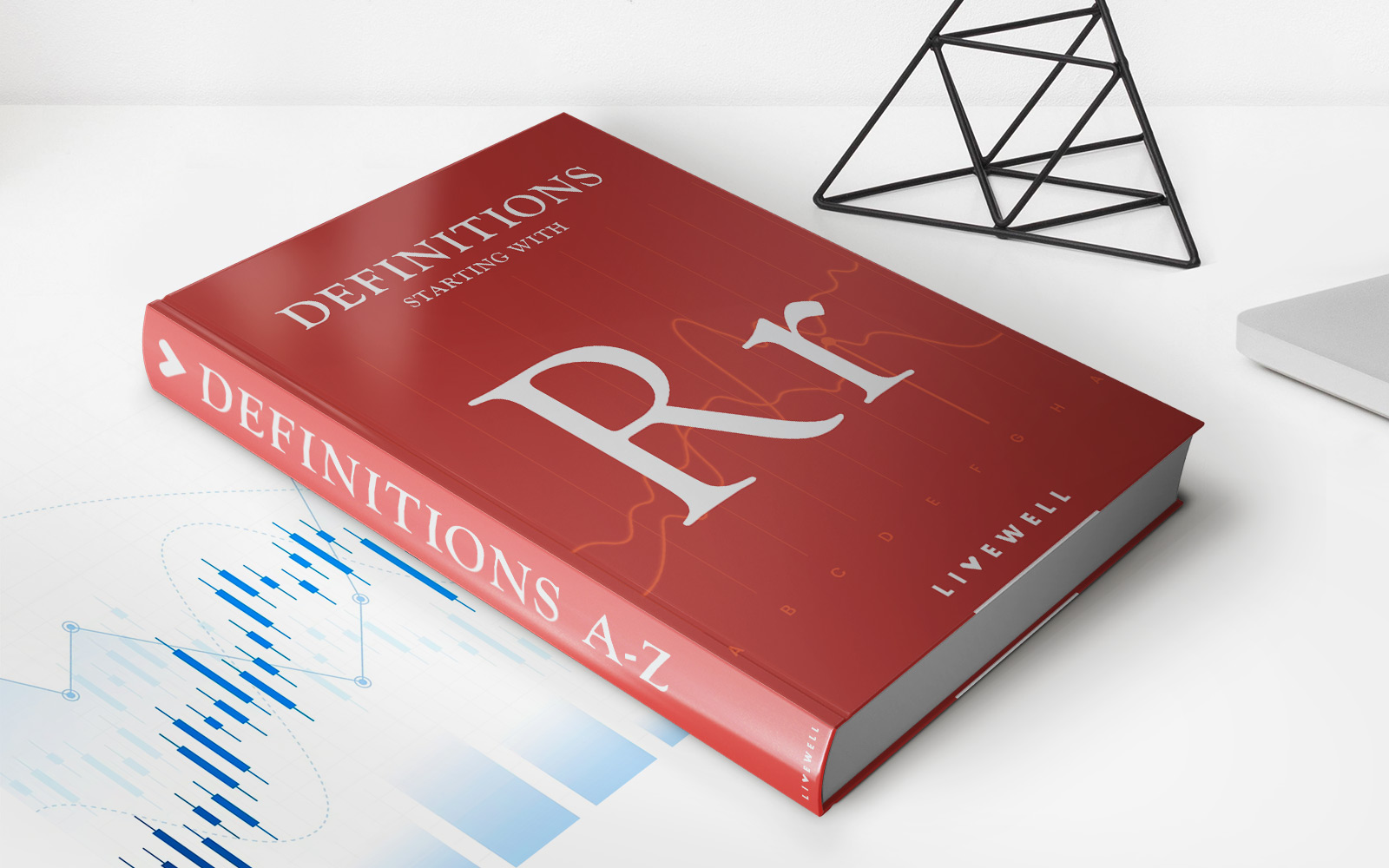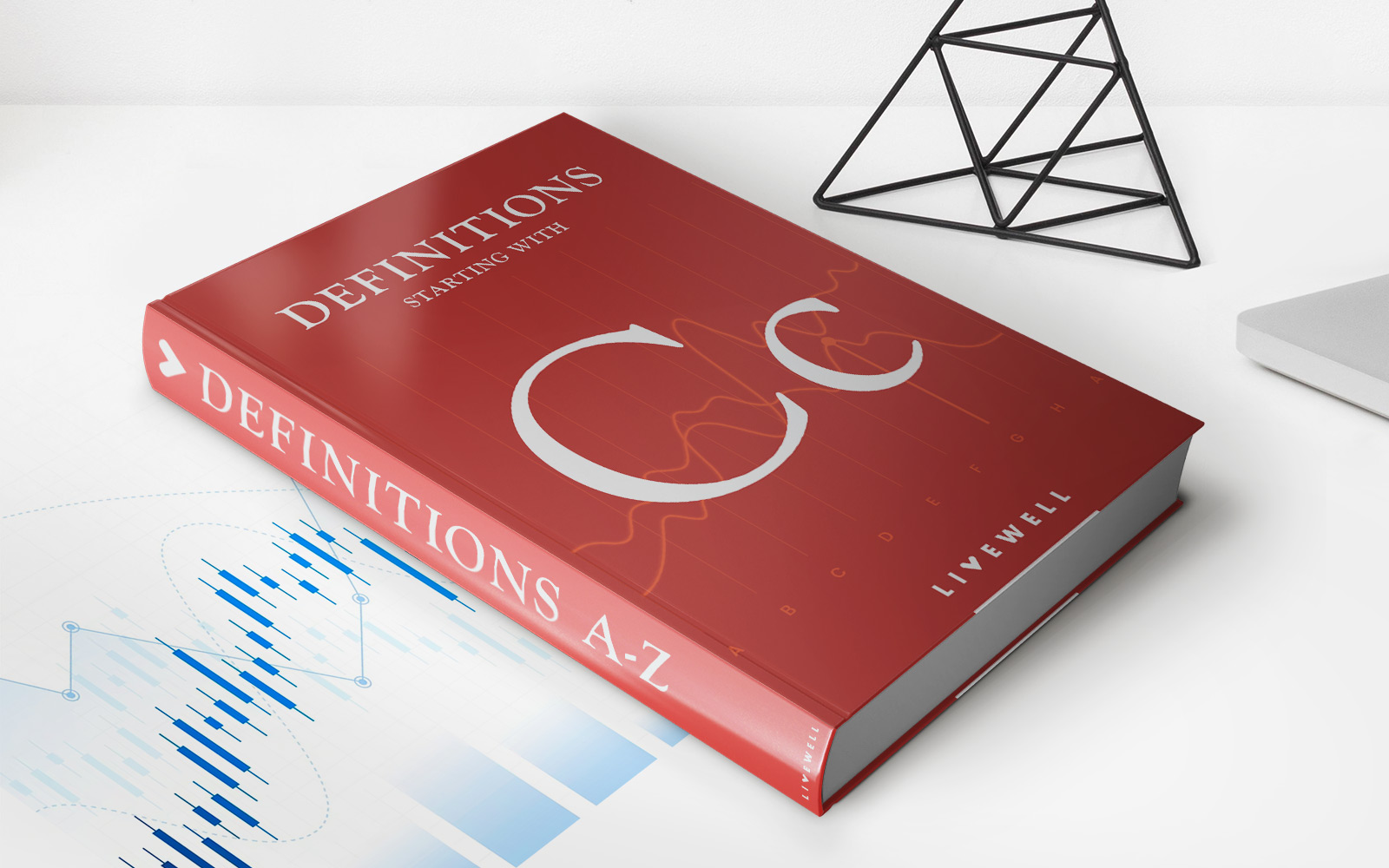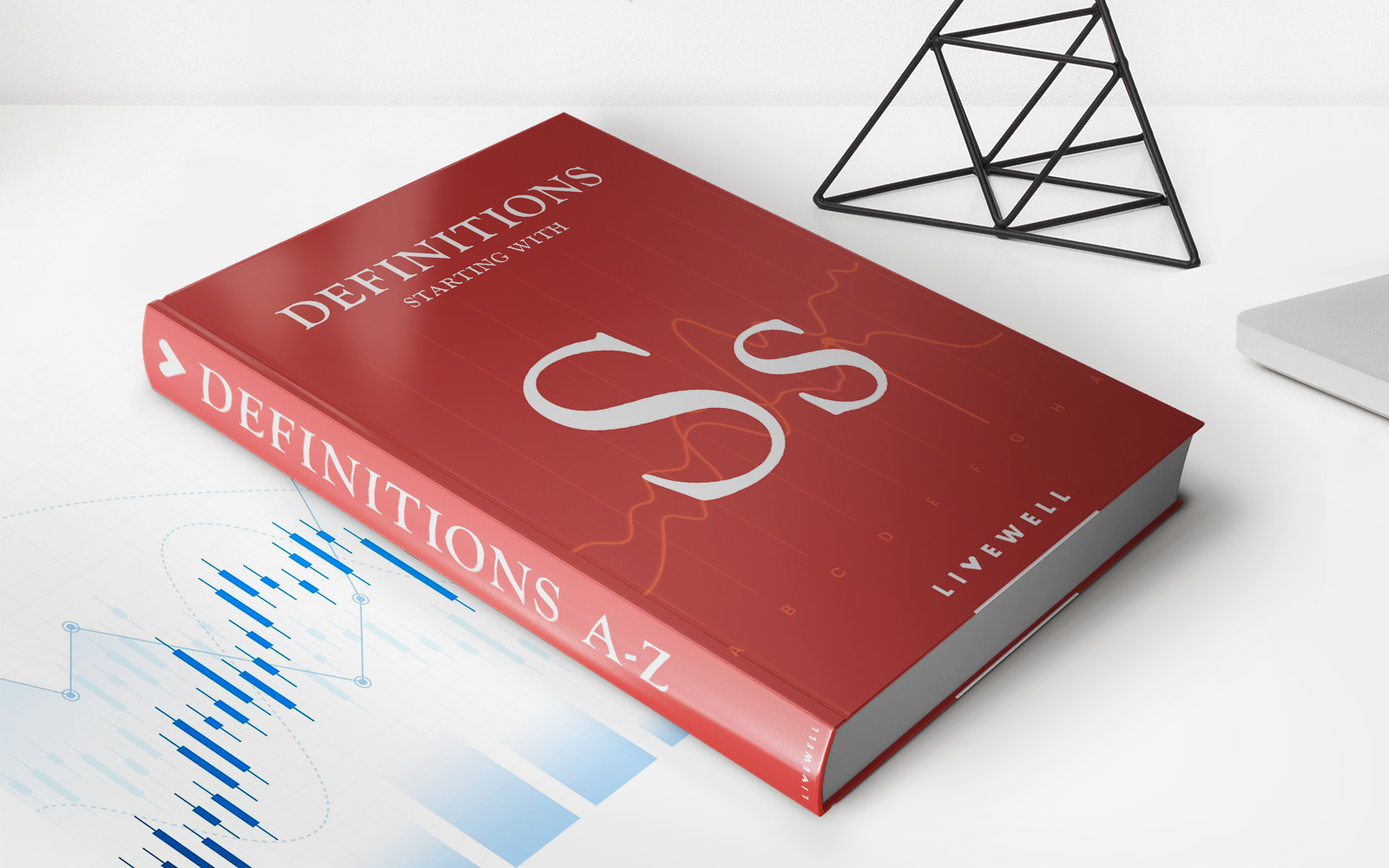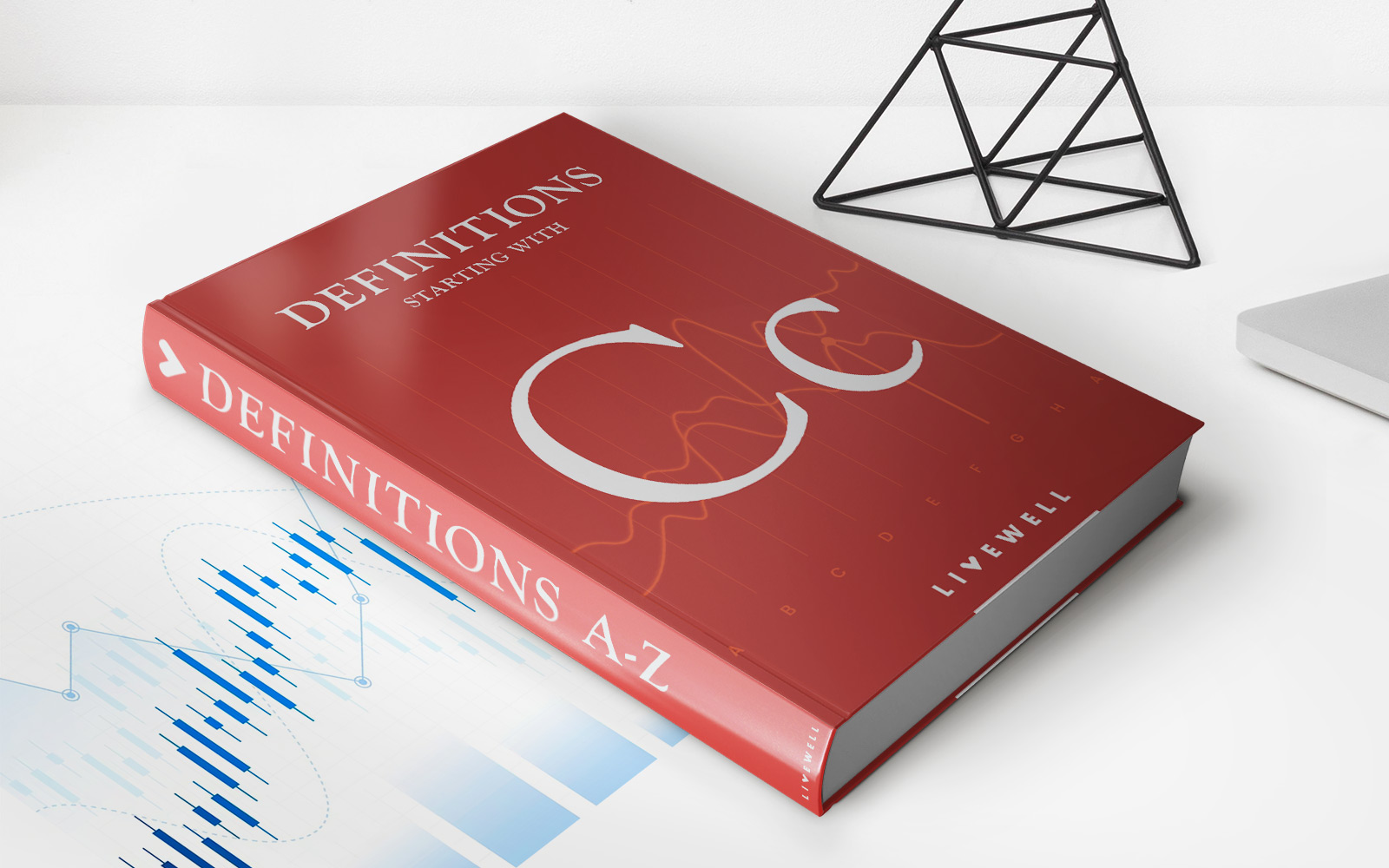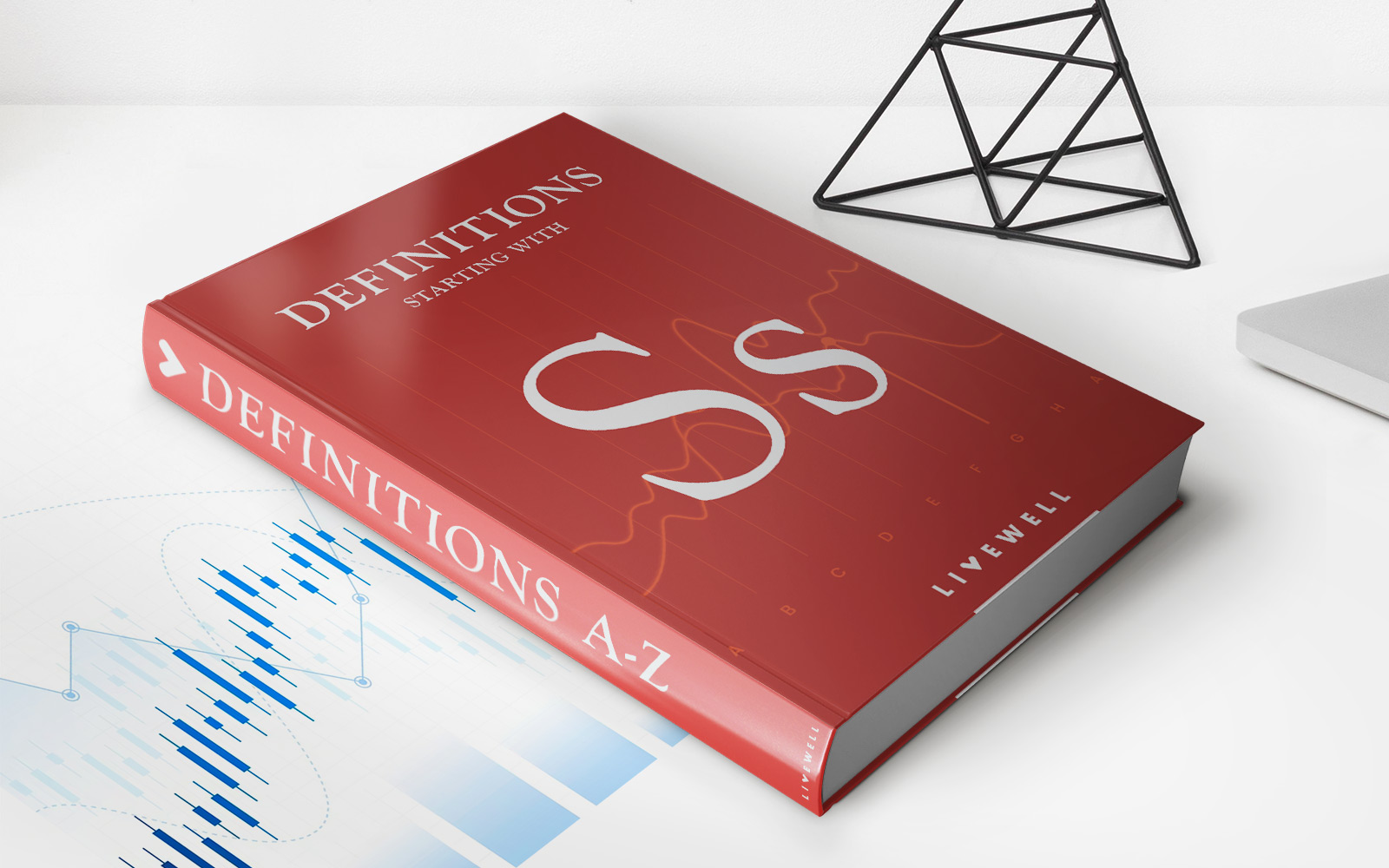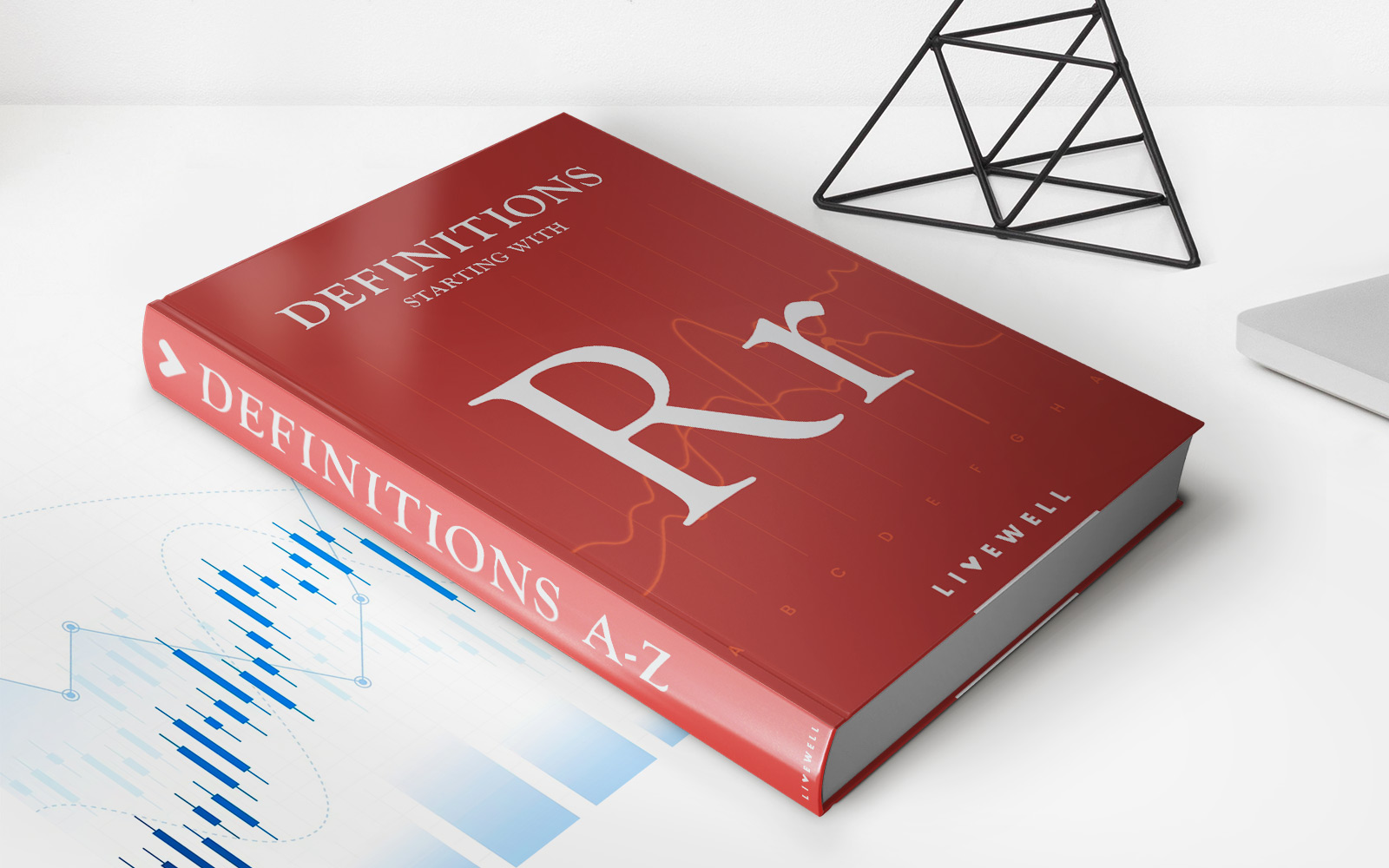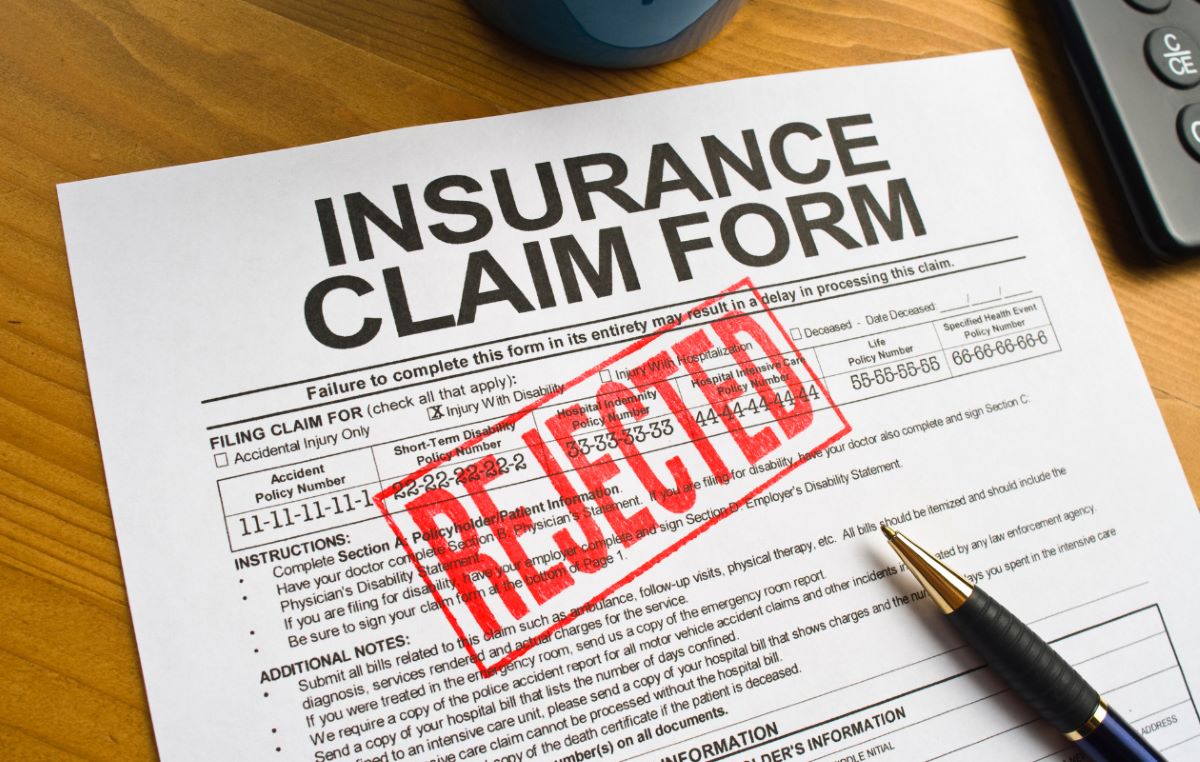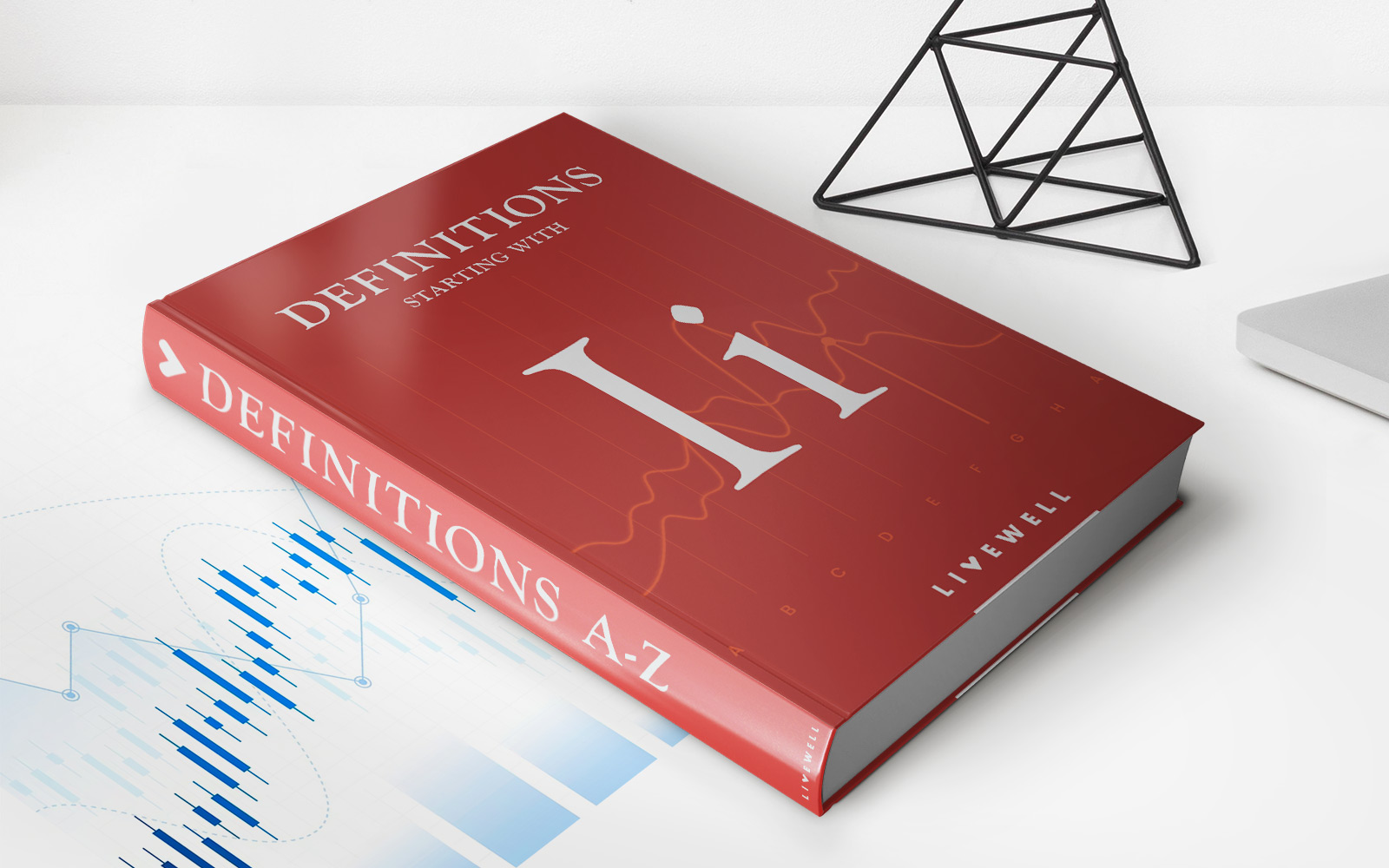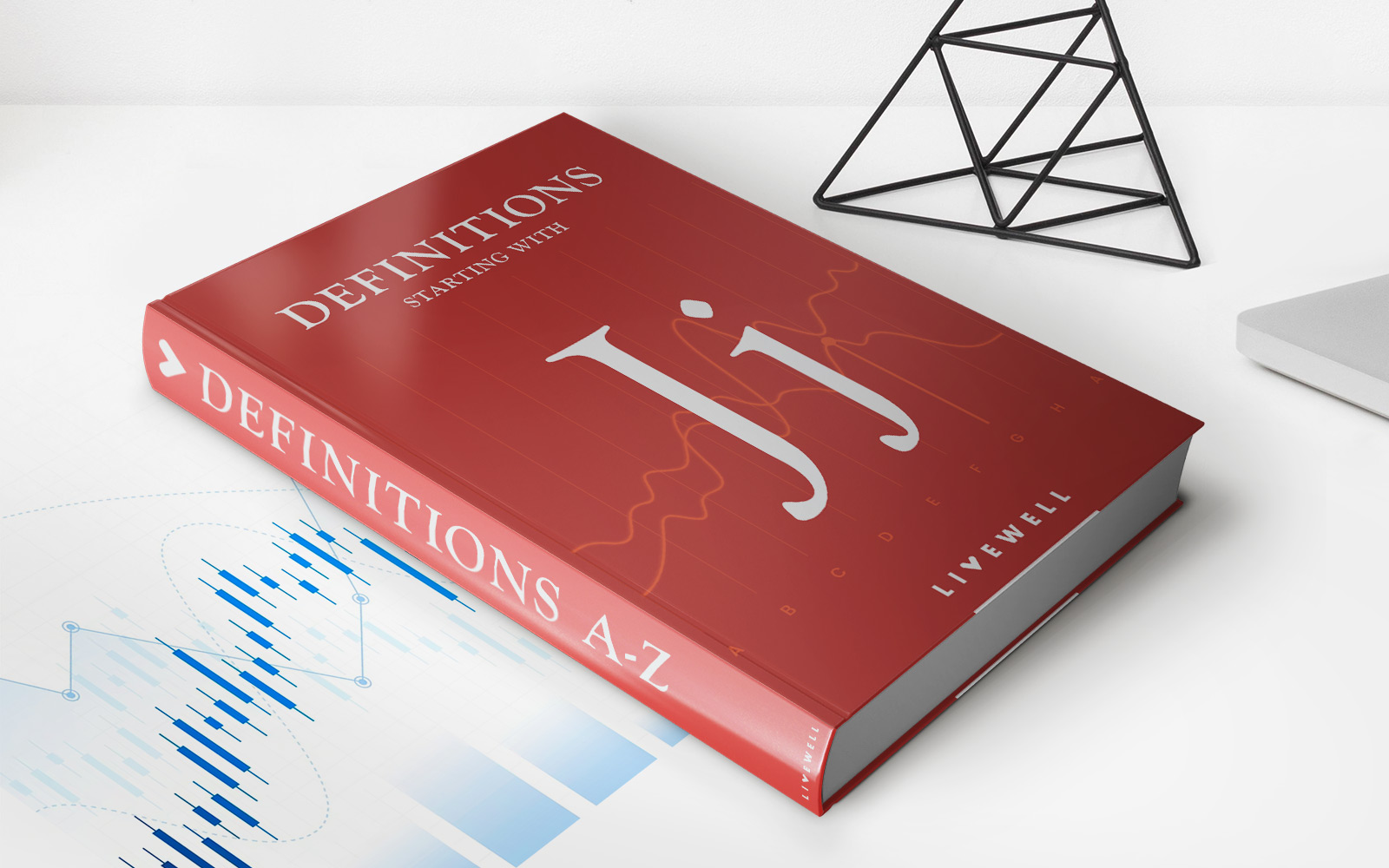Home>Finance>Property Lien: Definition, How It Works, And Legal Rights
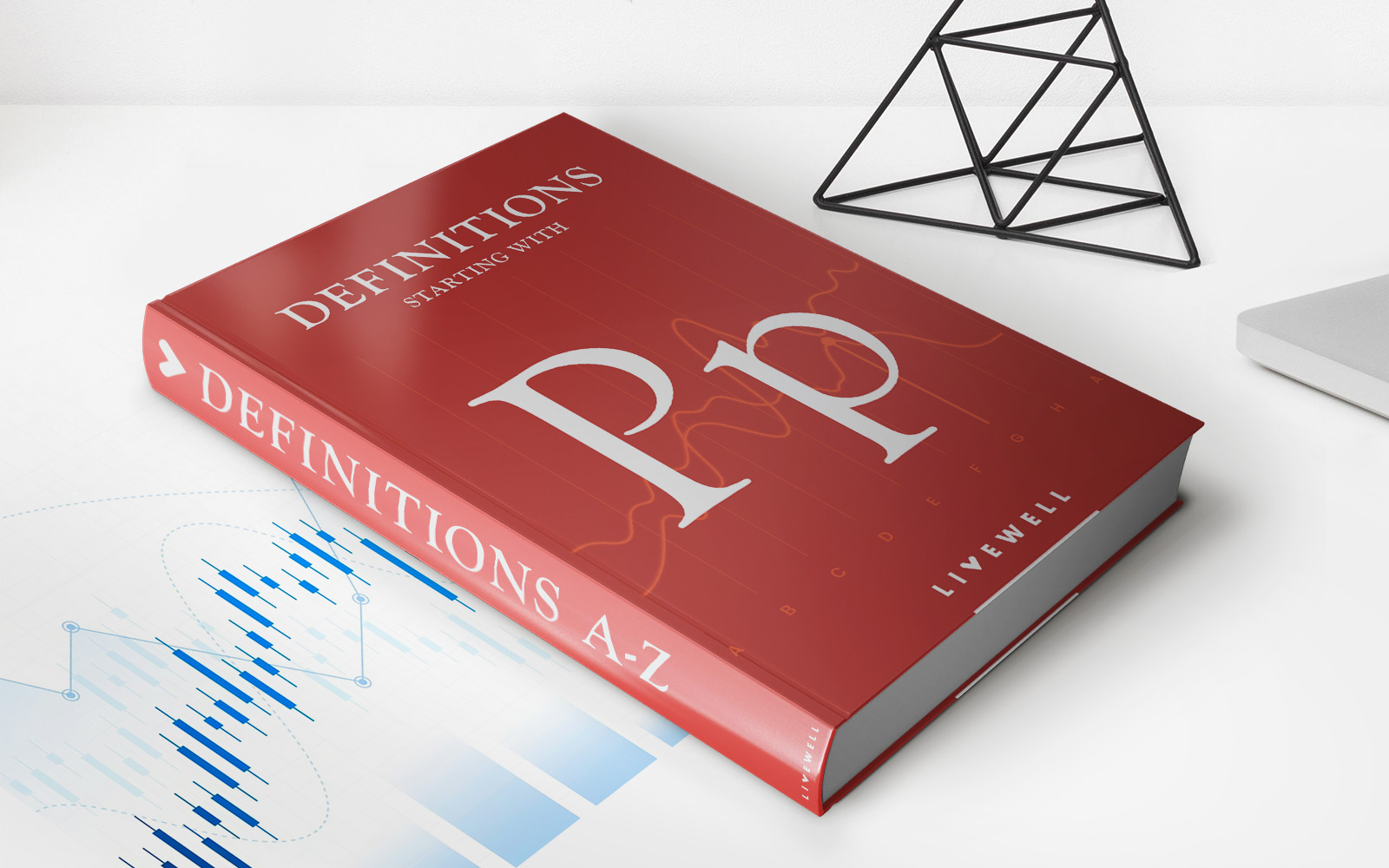

Finance
Property Lien: Definition, How It Works, And Legal Rights
Published: January 12, 2024
Learn about property liens, including their definition, how they work in the world of finance, and your legal rights as a homeowner.
(Many of the links in this article redirect to a specific reviewed product. Your purchase of these products through affiliate links helps to generate commission for LiveWell, at no extra cost. Learn more)
Understanding Property Liens: Definition, How They Work, and Legal Rights
When it comes to owning real estate, it’s important to understand the potential complications and legalities that can arise. One such issue is a property lien. But what exactly is a property lien, how does it work, and what are your legal rights? In this article, we will provide an in-depth overview of property liens, answering these questions and more.
Key Takeaways:
- A property lien is a legal claim that someone has on a property, usually due to an unpaid debt.
- Property liens can be placed by various entities, including lenders, contractors, and the government.
1. What is a property lien?
A property lien is essentially a legal claim that someone has on a property, usually due to an unpaid debt. When a lien is placed on a property, it serves as a legal way for the creditor to ensure that they have a right to the property if the debt is not repaid. In simple terms, a lien gives the creditor the ability to legally force the sale of the property to recover the debt owed to them.
2. How does a property lien work?
Let’s say you took out a loan to buy your dream home, but unfortunately, you fell behind on your mortgage payments. In this case, the lender can place a lien on your property. The lien gives the lender the right to claim ownership of the property if you fail to repay the loan.
Once a lien is placed on your property, it becomes a public record, which means anyone conducting due diligence, such as potential buyers, will be aware of it. This can significantly impact your ability to sell or refinance the property. The lien will need to be satisfied or released before you can transfer the property to someone else.
3. Types of property liens:
Property liens can be placed by various entities, depending on the nature of the debt. Here are some common types of property liens:
- Mortgage Lien: This is the most common type of lien and occurs when a lender has a claim on the property due to an unpaid mortgage.
- Contractor’s Lien: Also known as a mechanic’s lien, this type of lien is placed by contractors or suppliers who have not been paid for work or materials provided to improve the property.
- Tax Lien: When property taxes are not paid, the government can place a lien on the property to ensure it collects the unpaid taxes.
- Judgment Lien: If you lose a lawsuit and owe money as a result, the court can place a judgment lien on your property.
4. Legal rights and dealing with property liens:
If you find yourself facing a property lien, it’s crucial to understand your legal rights and how to handle the situation. Here are a few important steps to consider:
- Review and verify the lien: Before taking any action, review the lien to ensure its accuracy and legitimacy.
- Communicate with the lienholder: Reach out to the creditor and try to negotiate a resolution. This can involve setting up a repayment plan or seeking a release of the lien after settling the debt.
- Seek legal advice: If you’re unsure about your rights or need assistance in dealing with a property lien, consult with a qualified real estate attorney who can guide you through the process.
- Consider professional help: In some cases, it may be necessary to work with a title company or a real estate professional experienced in resolving property liens.
Remember, each property lien situation can be unique, so it’s important to seek professional advice to ensure you’re taking the appropriate steps.
In conclusion, property liens are legal claims placed on real estate due to unpaid debts. They can be placed by various entities and can significantly impact your ability to sell or refinance the property. Understanding your legal rights and taking appropriate actions when faced with a property lien is essential to navigate this complex issue successfully.
